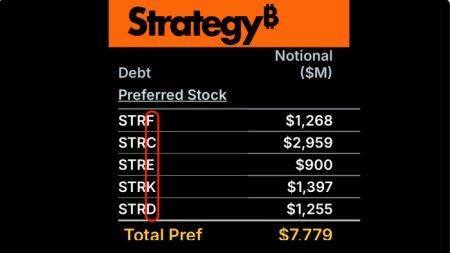Unlock the Editor’s Digest for free
Roula Khalaf, Editor of the FT, selects her favourite stories in this weekly newsletter.
Ukraine said on Thursday that it had failed to reach a deal with holders of $2.6bn of its debt, in a blow to its hopes of securing a restructuring ahead of a payment deadline next month.
The country’s finance ministry said it would “consider all available options” and continue negotiations after the failure of opening talks in Washington this week with holders of its so-called GDP warrants.
Last month the IMF said that “if left untreated” the warrants “constitute an important risk” for the stability of an ongoing $15.5bn bailout and Kyiv’s restructuring of more than $20bn in bonds last year.
The warrants were left out of last year’s restructuring given their complexity, but Kyiv needs to strike a deal on them to avoid billions of dollars of payments flowing to investors in the years ahead.
Payouts on the warrants are tied to Ukraine’s annual economic growth, which could rebound strongly in the event of a ceasefire with Russia.
Kyiv will have to decide whether to default on a payment of close to $600mn that is due at the end of May, linked to the economy’s performance in 2023, if it is unable to reach a deal on a restructuring in time.
The GDP warrants were issued as part of a previous restructuring of Ukrainian debt in 2015 and were designed to encourage creditors to back the country by giving them a share of any upside for its economy.
However, they have become contentious in the wake of Russia’s invasion in 2022 because Kyiv — along with its western backers — is reluctant to see its money flow to private investors as the economy recovers from its wartime nadir. The warrants offer a payout to holders if Ukrainian annual growth exceeds 3 per cent, but Kyiv has argued they are outdated given the damage done to the economy by the conflict.
“The GDP warrants were designed for a world that no longer exists,” said Ukraine’s finance ministry on Thursday. “Ukraine’s modest economic growth in 2023 was not a sign of surging prosperity but a fragile rebound from a nearly 30 per cent downturn caused by Russia’s full-scale invasion.”
Read the full article here













